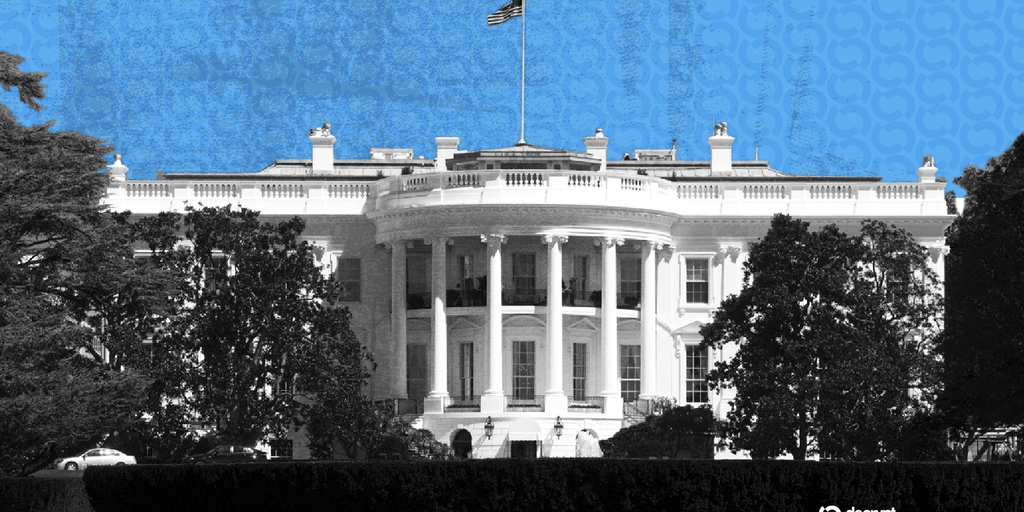
White House Moves to Tighten Regulations on Offshore Crypto Holdings
The White House is reviewing a new Internal Revenue Service (IRS) proposal aimed at increasing oversight of offshore cryptocurrency accounts. This move comes as part of a broader effort to ensure compliance with tax regulations and drive the growth of digital assets within the United States. Here’s what this means for U.S. crypto holders and traders.
What Is the Proposal?
The proposal under review would introduce new reporting requirements for Americans holding digital assets in foreign accounts. Modeled after the Foreign Bank and Financial Accounts (FBAR) and Foreign Account Tax Compliance Act (FATCA) frameworks, these rules are designed to improve visibility into foreign crypto activities and prevent tax evasion.
The proposal defines foreign crypto accounts broadly, encompassing digital asset accounts with offshore exchanges and platforms. In essence, anyone who holds cryptocurrency with a foreign entity would need to report and potentially pay taxes under these new guidelines.
Why Is This Happening?
According to the White House, the U.S. government aims to promote the growth of the digital asset industry while maintaining robust compliance frameworks. The rationale is simple: greater transparency and regulation could discourage U.S. taxpayers from shifting their crypto assets offshore, fostering a more competitive domestic crypto ecosystem.
A White House statement says, “Implementing CARF (Crypto-Asset Reporting Framework) would promote the growth and use of digital assets in the United States and alleviate concerns that the lack of a reporting program could disadvantage the United States or U.S. digital asset exchanges.” By tightening reporting obligations, the government hopes to solidify the U.S. as a hub for responsible digital asset innovation.
Who Will Be Affected?
The proposed changes primarily target U.S. taxpayers who leverage offshore crypto exchanges to avoid regulatory oversight. For those already complying with tax laws, this initiative will have minimal impact. However, individuals who have been inconsistent or negligent in reporting may need to reevaluate their activities to avoid future legal issues.
This initiative underscores a broader trend of governments around the world tightening controls on cryptocurrency as it gains mainstream acceptance. If passed, these measures will mark a significant step toward aligning the crypto industry with traditional financial industry standards.
What Does This Mean for Your Portfolio?
The regulation of offshore crypto holdings will encourage many U.S. residents to bring their crypto investments back onshore. Platforms like Coinbase, a leading U.S.-based crypto exchange, offer secure and regulation-compliant options for managing digital assets domestically. Holding your crypto on trusted platforms that meet regulatory standards can help you avoid legal and financial headaches down the line.
Final Thoughts
While the proposal may not directly increase tax revenue, it establishes a precedent for transparency and regulatory oversight in the crypto space. By closing loopholes in offshore holdings, the U.S. aims to encourage innovation while fostering compliance.
Stay ahead by familiarizing yourself with the latest regulations and utilizing platforms that prioritize security and transparency. As the crypto landscape evolves, understanding these changes can help you make informed decisions.






